Snatch from Blocks
This is great variation to develop strength and speed at different phases of the lift. Block training minimizes the stretch-shortening reflex in the posterior chain, forcing you to develop greater strength and acceleration. Additionally, the limited pulling capacities will force you to create greater speed under the bar in the catch.
execution
Start in the snatch position from the blocks, set at varying heights to address certain aspects of the lift. The most common height is below the knee, which is ideal for most lifters. With your feet hip width apart, turn your toes open 15-30 degrees. Grab the bar with your hook grip, and load yourself into your snatch pulling position. As you ascend, pull your knees back shifting the weight from the balls of your feet to your heels, all while staying over the barbell with the chest and lats. As you pass the knees, explosively bring the bar vertical up the legs and extend your hips, transitioning into your high pull. Quickly reflex your knees and hips, rotate the barbell to "snap yourself under the bar", forcefully extending the elbows and driving yourself under that bar. Stabilize the bar overhead, and stand up.
purpose
Block training is key to speed development under the barbell in the catch. by negating the stretch-shortening cycle and preloading in the posterior chain, peak strength, power, and mechanics will be required. Additionally, block training will lead to greater speed under the barbell in the catch.
programming
Programming for block training is similar to that of the power snatch and hang snatch variations. This exercise should be done for speed and mechanical mastery, not necessarily peak loading. Perform 2-5 repetitions using 50-75/80% of maximum.



A foundational strength exercise to improve movement of the posterior chain; hamstrings, gluteal region, erectors, and lats.